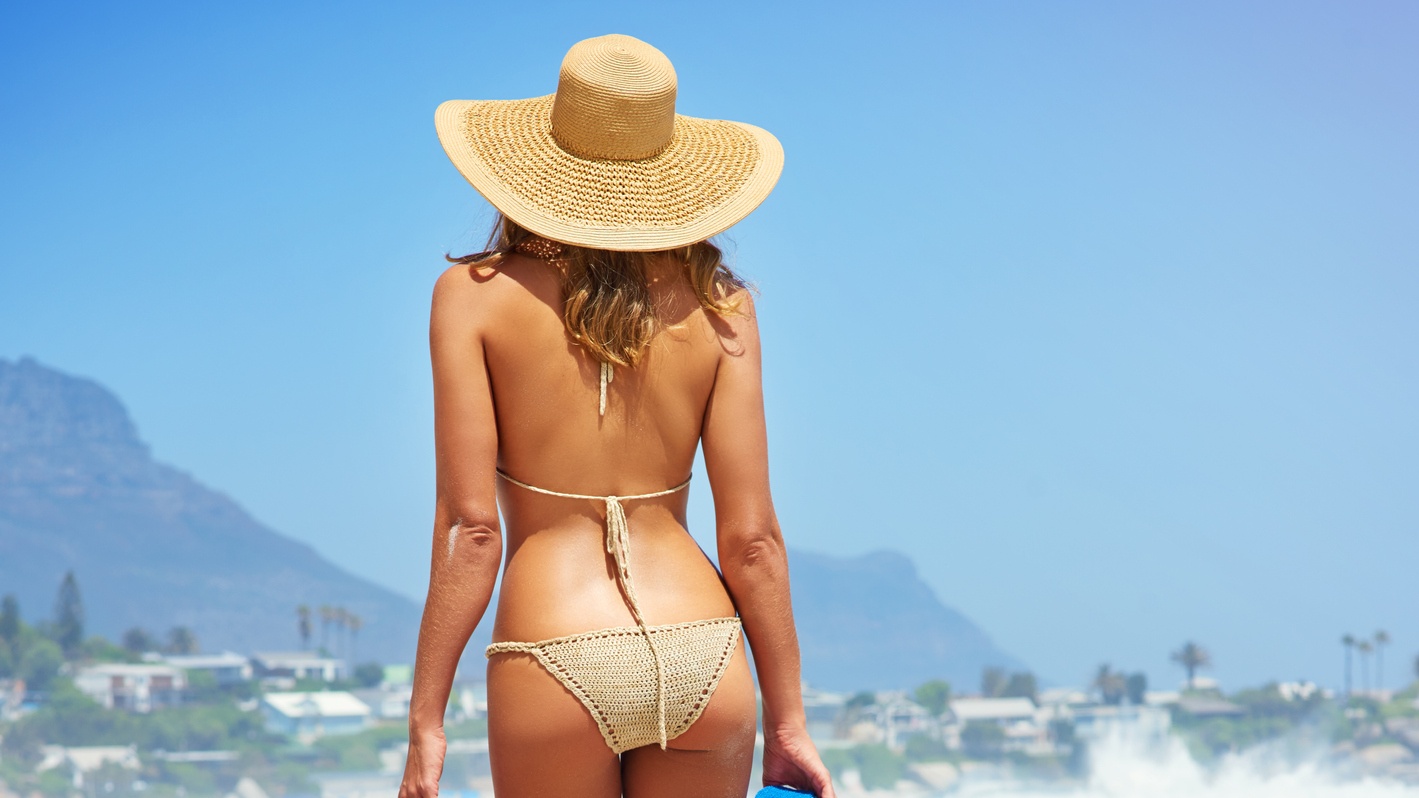Skylar Mack, an American college student who violated the coronavirus protocols in the Cayman Islands, is facing a two-month sentence after a panel of judges reduced the initial four-month conviction, The New York Times reported.
The American student, who attends Mercer University in Georgia, flew to the Cayman Islands after finishing the semester last month, hoping to watch her boyfriend, Vanjae Ramgeet, compete in the Jet Ski racing national championship. With the contest scheduled on Sunday, Mack arrived on Friday.
Hoping to out-smart the island's 14-day restriction after receiving a negative coronavirus test upon arrival, Mack slipped an electronic monitoring bracelet from her wrist. She then escaped to a beach to see her boyfriend's competition. But police found the American at the beach and charged her with violating the quarantine period. Ramgeet was charged with aiding and abetting his girlfriend.
Lawyers are claiming the 4 month jail sentence is too harsh for the poor little blonde American girl. I don't think it's harsh enough. #SkylarMack
pic.twitter.com/Lom3GkO441— Baetazoid (@HereIsMySpout) December 18, 2020
“This was as flagrant a breach as could be imagined,” Justice Roger Chapple said during the sentencing, according to the Cayman Compass. “It was borne of selfishness and arrogance.”
Mack's lawyer, Jonathon Hughes, said the 18-year-old and her boyfriend apologized to the people of the Cayman Islands.
“Whilst it was our hope that Skylar would be able to return home to resume her studies in January, we accept the decision of the court and look forward to receiving its written reasons in due course,” the lawyer said in a statement.
According to The New York Times, the Cayman Islands has reported 316 coronavirus infections and two deaths as of Monday. The British territory, with a population of about 65,000 residents, has not reported cases of local transmission since July. Visitors must be authorized to enter the island and they are required to quarantine at home, in a government or private facility.
The Stay Safe Cayman app, which visitors receive along with an electronic smart wristband, allows them to log where they are quarantining. Government officials said guests are required to do a 14-day quarantine until they can show negative results from tests taken on their 15th day.
Mack and Ramgeet were initially sentenced to 40 hours of community service and fined about $3,100. A prosecutor then appealed for an increased sentence saying the punishment was “unduly lenient and wrong in principle.”
“She cries, she wants to come home,” Mack's grandmother, Jeanne Mack, told the Today show. “She knows she made a mistake. She owns up to that, but she’s pretty hysterical right now.”
While Skylar now faces a two-month sentence, her family is seeking help from President Donald Trump. The Office of Presidential Correspondence responded last week after Jeanne wrote a letter, telling the grandmother that her message has been forwarded “to the appropriate federal agency for further action.”
“This is infuriating,” Eric Trump, the president’s son, tweeted on Tuesday. “Skylar is an 18 year old girl who left her hotel to watch her boyfriend compete in a jet ski competition… 4 months in jail?!”
This is infuriating. Skylar is an 18 year old girl who left her hotel to watch her boyfriend compete in a jet ski competition… 4 months in jail?!#FreeSkylar
https://t.co/OkxNOFru78— Eric Trump (@EricTrump) December 22, 2020
Jeanne said she's not making excuses for her granddaughter.
“I’ll do everything to get you home, and when I get you here, I’m going to kick your butt,” she said. “We’re not saying, ‘poor, innocent Skylar.’ We’re simply saying the punishment does not meet the crime.”
According to the Cayman Compass, Ramgeet was also stripped of his jet-ski championship victory, losing his prize money, medals and trophy as punishment. The disgraced athlete was required to write an apology to the Cayman Islands Watercraft Association.
Skylar will be required to leave the island after completing her sentence. The court is also recommending the medical student be banned from re-entering the country.
Other Americans have also faced punishments for breaking COVID-19 protocols in foreign countries. In Canada, a Kentucky man faced a $569,000 fine for violating the country's Quarantine Act, NPR reported.
Michael Buxton-Carr, a police staff sergeant in Canada, said authorities are working to make sure Americans understand the quarantine requirements and travel rules when they come into Canada, but stopping illegal crossings has been difficult.
